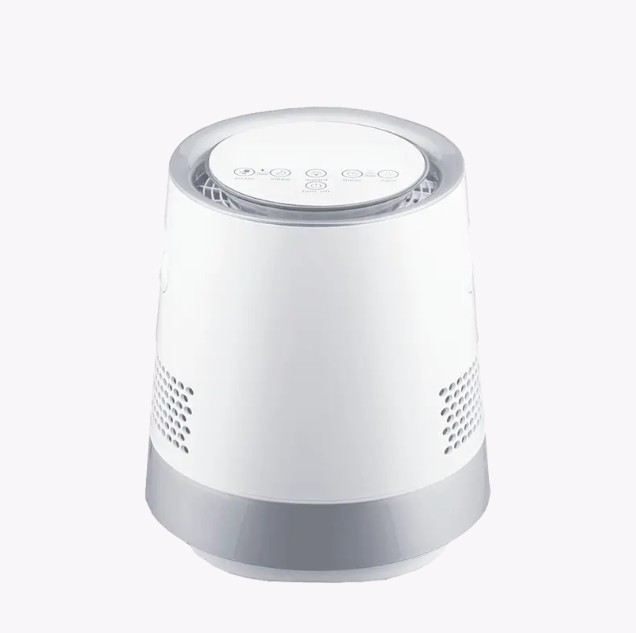Air washer humidifiers, combining the functions of humidification and air purification, hold the potential to alleviate allergy and respiratory issues by improving indoor air quality. One key benefit lies in their ability to regulate humidity levels, particularly in dry climates. Maintaining optimal humidity can ease respiratory discomfort caused by dry nasal passages and mucous membranes.
These devices typically incorporate filters to capture airborne particles like dust and pollen. By doing so, air washer humidifiers contribute to cleaner air, reducing the presence of allergens and potentially mitigating respiratory irritation and allergy symptoms.
Air washer humidifiers use a water wheel or disc to trap impurities from the air. As air passes through the water, particles adhere to the wet surface, effectively removing allergens like pollen and dust. This can be particularly advantageous for individuals prone to allergies, as it diminishes the concentration of airborne allergens.
Moreover, the prevention of mold and bacteria growth is facilitated by maintaining balanced humidity levels. Air washer humidifiers inhibit the proliferation of these allergens, offering relief to individuals with respiratory conditions.
The devices contribute to enhanced respiratory comfort by soothing dry nasal passages and throat, providing relief to those with allergies, asthma, or other respiratory issues exacerbated by dry air.
In terms of potential benefits in reducing airborne viruses, air washer humidifiers may contribute to limiting the survival and transmission of certain viruses, although they are not a substitute for other preventive measures.
However, it's crucial to recognize that the effectiveness of air washer humidifiers depends on factors like the specific model, room size, and filter quality. Regular maintenance, including cleaning and filter replacement, is essential for optimal performance.
Individuals with severe respiratory conditions or allergies should seek guidance from healthcare professionals for personalized advice. Additionally, adopting a comprehensive approach to indoor air quality, including regular cleaning, ventilation, and minimizing indoor pollutants, is integral to creating a healthier living environment.